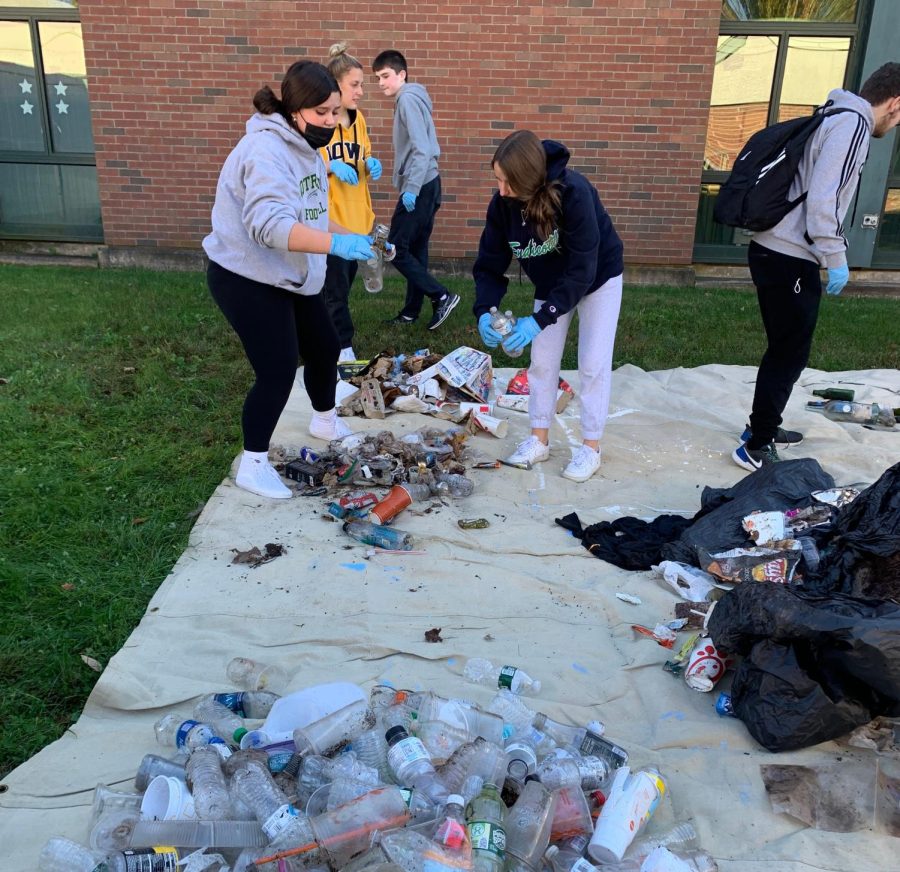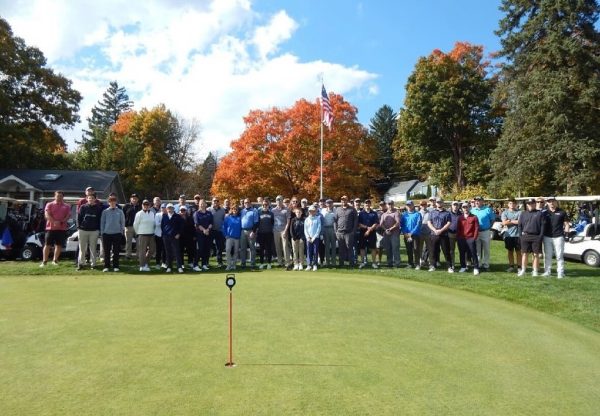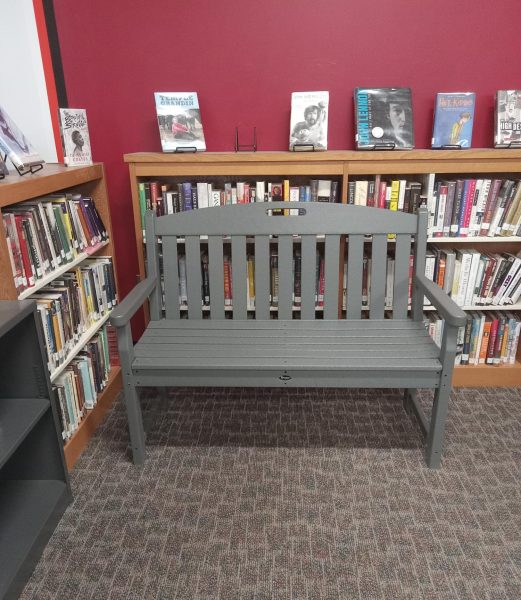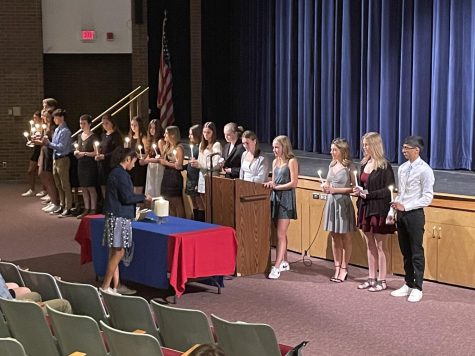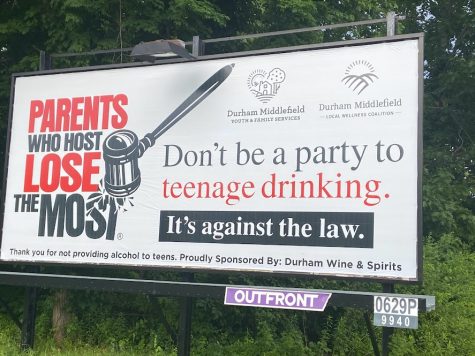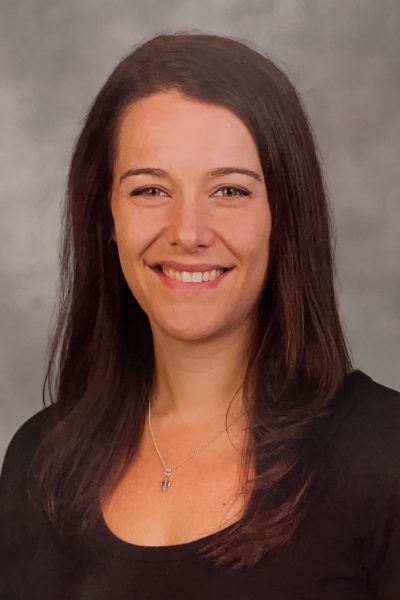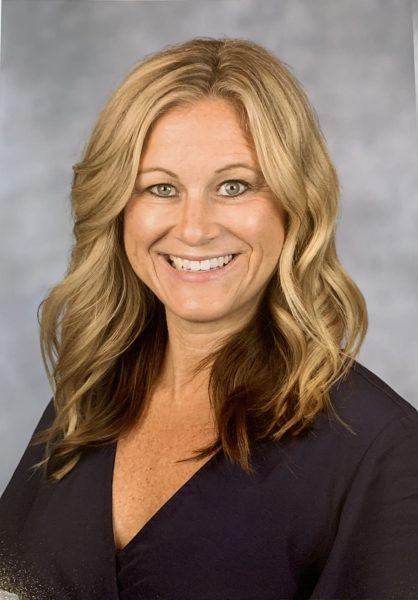Sustainability Starts with Students
Pandemic. War. Racism. Gun violence. Climate change. Pollution. These headlines capture a mere snapshot of the issues currently plaguing our world. It is clear that constant exposure to news about devastating events often leaves individuals feeling powerless. And it is not uncommon to feel distanced from these problems. However, recognizing the need for change in our community is a crucial part of evoking a widespread global response.
A prominent issue in somewhere as local as our Regional School District 13 schools is the lack of sustainable practices. The styrofoam and plastic containers that school lunches are served in only perpetuate the plastic and food waste situation. By the end of the third lunch, the huge dumpsters in the cafeteria have already overflowed with garbage. The recycling bins are there, however many individuals fail to recognize that they should recycle their empty plastic water bottle rather than habitually tossing it on the ground or into the dumpster. Yet, this issue has not been completely ignored. The Campus Unification class and the Ecology “Eco” Club represent several groups at this school who have taken initiative to promote sustainability and environmental activism.
The Ecology Club at Coginchaug was formed to involve students in projects dealing with conservation and sustainability. In a written statement, Eco Club president, Nora O’Connell, described it as “a student driven club… that promotes conservation, composting, recycling, and environmental activism”.
The Eco Club’s primary objective is to combat environmental issues in the community. This has been attempted and accomplished through efforts such as the Durham Fair composting and bottle recycling project, garden and road clean-ups, and fundraisers with sustainable companies. This past school year, the Eco Club organized a Campus Cleanup, collecting several bags full of garbage littered around Coginchaug and responsibly disposing of it. Members of the Eco Club also volunteered at a Brewster School cleanup, removing invasive weeds and replacing them with native plants.
The club’s visions for the future include expanding environmental activism initiatives within both the school and the local community. Mrs. Rachel Mann noted that she and Mrs. Hurlbert, the faculty advisors of the club, received a CVEF grant “to revitalize the garden behind the CRHS Library [and] incorporate plants that will attract pollinators”. Students involved with the Eco Club intend to complete this project over the upcoming school year. Mann also expressed the club’s aspirations for the forthcoming school year involving “expanding [their] collaboration with the Durham Sustainable Town Committee on projects, including the Composting program and [providing] opportunities for the community to learn more about planting a pollinator garden”.
Likewise, the Campus Unification class, which focuses on proposing and implementing projects to improve Coginchaug for future generations of students, recognized the dire need for our school to be more environmentally conscious. In response, learners in this class took part in the establishment of a garden and a composting system. Mr. Robert Bajoros, advisor of the Campus Unification class, detailed the current outreach of the program: “[the class] currently composts all coffee grounds from the cafeteria and all of Ms. Bowman’s vegetable and fruit scraps from cooking classes”. Bajoros also mentioned that both faculty and students participate, as they bring in their own compostables from home rather than discarding them.
The responsibilities of the Campus Unification class extend beyond their composting efforts. The class also plays an integral role in maintaining the school gardens, located in the courtyard near the art room. Bajoros noted that learners who elect to take the class are involved with all steps of the process, “from composting to harvesting and seed saving to planting next season’s crop”.
Recently, the Campus Unification class received a $1000 donation from Smithland, a garden supply store located in North Branford, to help fund their project. Using this, the class was able to obtain seeds and supplies, sustain the current plants, and also expand the garden.
The Campus Unification class is a way for individuals to improve the environment, while simultaneously giving them experience collaborating with others. Going forward, Bajoros hopes more students become interested and involved in the program. He expressed, “like sports, music and art, I would like to see gardening at Coginchaug as another vehicle to bring people together from diverse backgrounds”.
Bajoros emphasized the true objective of creating a “giving garden” meaning that the learners who tirelessly maintain the garden throughout the school year rarely get to reap the benefits of their efforts. Instead, it is enjoyed by the individuals attending the extended school year as well as Freshman Health and Campus Unification students the following year. As Bajoros often reminds his class, “this is your opportunity to leave Coginchaug better than you found it”.
Gardening. Composting. Recycling. Volunteering. These words represent a snapshot of the Campus Unification class’ and the Eco Club’s efforts towards sustainability. Although the pandemic, racism, gun violence, climate change, and pollution still exist, student activists are harnessing their power to advocate for change that will last long into the future.

